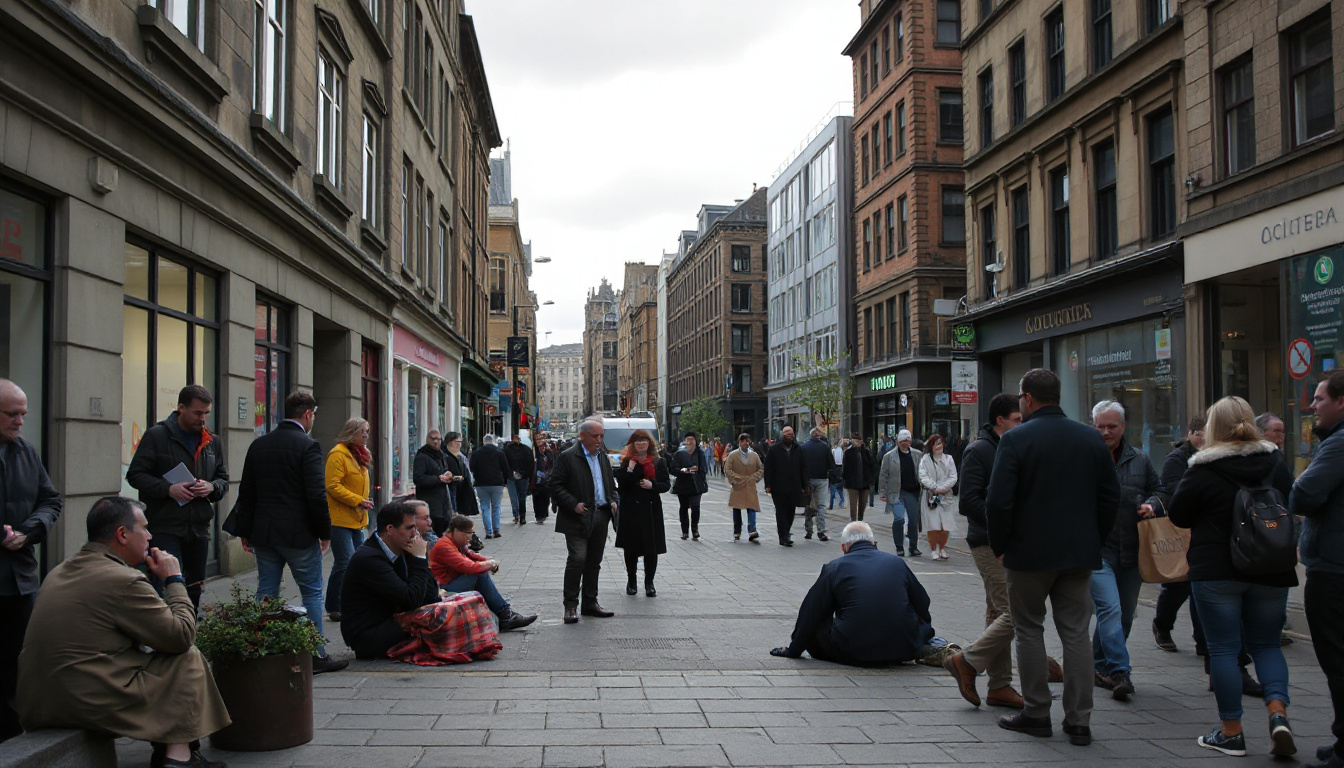Plan for Relocation of Homeless Individuals in Edinburgh
Edinburgh officials, facing an unprecedented surge in housing demand, propose a systematic relocation. Officials link the homeless individuals to unlicensed shelters; the shelters, situated beyond the current city limits, are marked for replacement. The proposal, nested within a broader city strategy, aims to supplant unsanctioned temporary dwellings by the termination of November.
The pandemic, having disrupted normative housing supply, compelled the City Council to repurpose hotels and bed-and-breakfasts as emergency shelters. Each hotel and bed-and-breakfast becomes associated with transient occupancy; yet, such accommodations must acquire HMO licensing for prolonged residence. At present, nearly 650 individuals reside in these unlicensed, provisional setups.
Temporary Relocation Considerations
City planners isolate roughly 10% of the homeless population; these individuals are deemed suitable for short-term relocation beyond Edinburgh’s core, yet firmly within nearby local administrative boundaries and limited to a radius not exceeding 50 miles. City officials, while concurrently linking local accommodation to these temporary assignments, work to ensure that any such placement maintains minimal disruption.
Licensing Compliance Issues
Legislative shifts, initiated at the onset of the pandemic, intensify the increase of non-sanctioned temporary dwellings. As the council readies itself for formal enforcement, payments to operators of these unlicensed properties will terminate in early December; the decision follows concerns over legal conformity and the magnification of operational expenditures. In parallel, the council suspends applications for social housing and defers routine repair tasks deemed non-essential. Concurrent renovation efforts target the swift reactivation of vacant homes; certain homes, as the most recent report indicates, reenter the housing network.
Conclusion
The City Council of Edinburgh, in direct response to the regulatory and operational dilemmas posed by unsanctioned temporary shelters, perseveres through a multifaceted approach. Moves that temporarily reassign certain residents link directly to new housing availability; officials, in this context, remain committed to legally sound, functionally safe conditions for those in need. The council’s persistent focus on integrating additional qualified housing underpins each decision and measure in this ongoing initiative.



